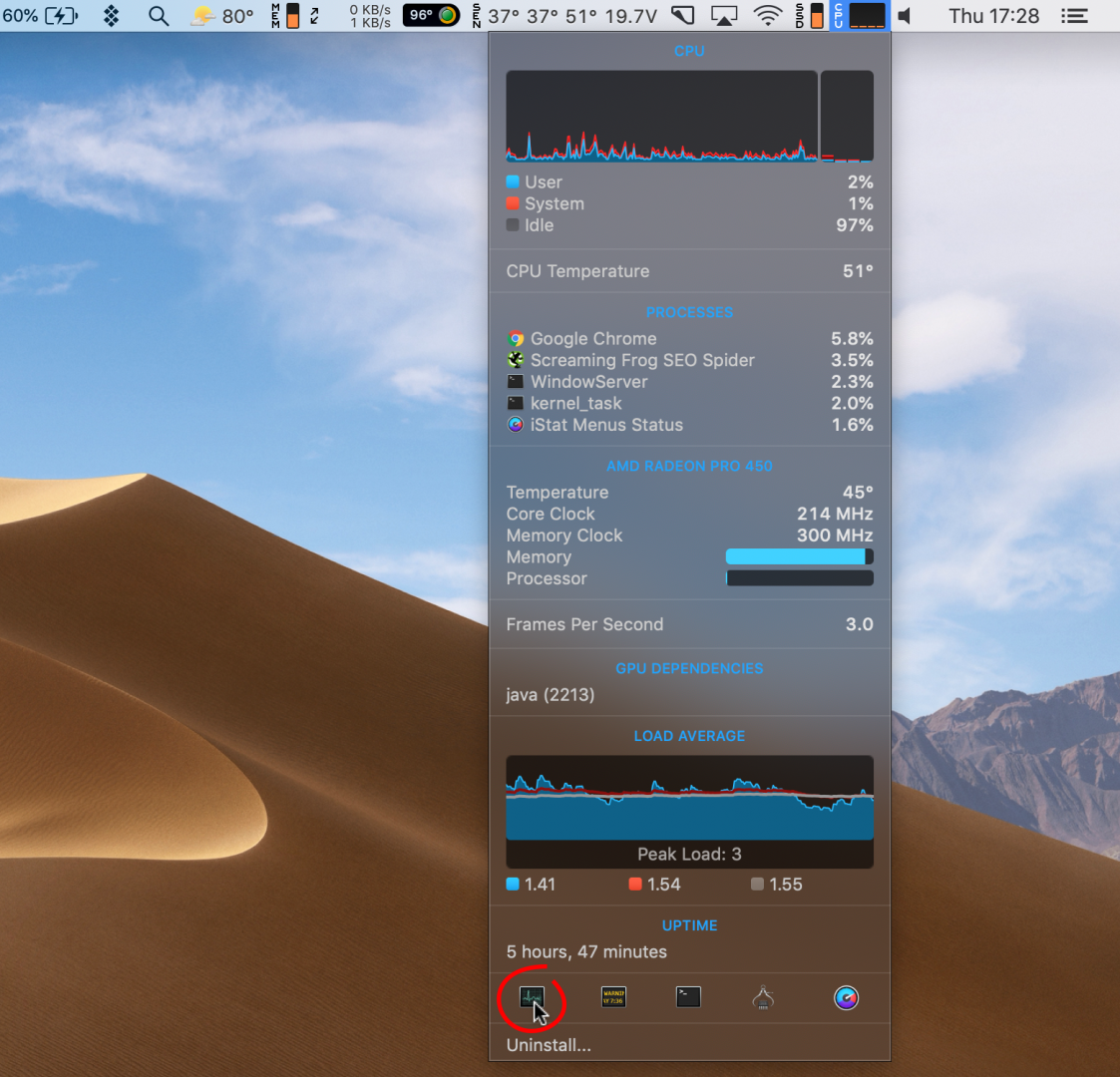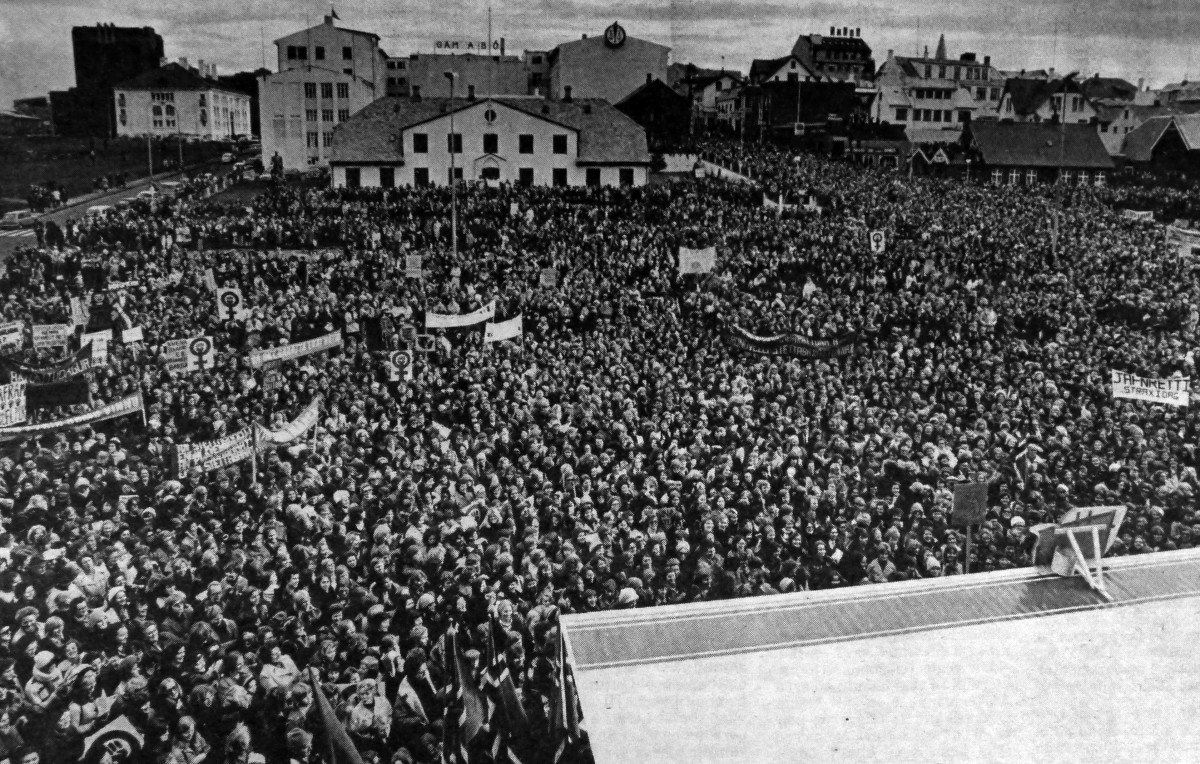
Troubleshooting in MAC can take hours, and you might not even find the source of your problem. Slow processors in Mac can become a hindrance in your productivity and also be frustrating.
Are you trying to look for the reason why your precious MAC is running slow and how to fix those issues instantly?
These are some factors that can affect your MAC Processing.
Heavy Applications Running in the background.
The primary reason for the slowdown of your MAC is that you might have some heavy applications running in the background. These unnecessary applications might drain the efficiency of your MAC processing even if they are not in use.
You can easily optimize the battery, bandwidth, and system resources by simply uninstalling or shutting down those unnecessary applications.
Deleting or removing unused applications is easy and a quick way to save a lot of space. You can uninstall applications you got from the Mac App Store, from third-party websites, or physical discs/USB drives. With the help of the in-built Activity Monitor in macOS, you can track the functioning of those unnecessary applications. It can help you view your CPU, memory, network, disk activity, and usage, as well as individual tasks. Activity Monitor allows you to troubleshoot your Mac by understanding what is happening in the background.
Mac is running low on hard drive space.
Running out of space, not only ruin your system performance but also can cause the applications you’re working with to crash. It happens because macOS is constantly swapping memory to disk, especially for setups with low initial RAM. You should clear the caches and cookies regularly to keep some free space on the hard disc. iCloud storage gives you 5 GB of free storage when you sign up. If you want some extra space, you can always upgrade to a better storage plan. The average cost is US$0.99 for 50 GB, $2.99 for 200 GB, or a cost-saving alternative of $9.99 for 2 TB. You might face issues regarding how to clear disc space on your MAC. You can easily help yourself by going through some guidelines on this website for quick disc clearing. Optimize your storage regularly by deleting the unused files and junk from your hard disc to keep it free from clutter. Delete caches and temporary files regularly. Free hard disc space on Mac can help in better performance of Mac. Keep your trash empty and reduce your junk by using clean up applications.
Out-of-date Software
If you own Mac, you automatically sign up for high-quality software from Apple. Keep checking that your software is updated regularly to avoid the glitch in the performance of your MacOs. Click regularly on the options: Updates in the App Store toolbar, then follow the steps to download and install any updates listed. The updated software will contribute to the smooth functioning of your system. If the Software Update displays that your macOS is updated. Then the already installed version of Mac OS and all the applications are also up to date. This updated version includes iTunes, Books, Mail, Safari, Messages, Photos, and Facetime.
These are some features that can affect your Mac Processing. Make sure if you own technology-friendly products such as MacOs you take care of it regularly. Avoid them and your Mac Processor will be good as new.

Founder Dinis Guarda
IntelligentHQ Your New Business Network.
IntelligentHQ is a Business network and an expert source for finance, capital markets and intelligence for thousands of global business professionals, startups, and companies.
We exist at the point of intersection between technology, social media, finance and innovation.
IntelligentHQ leverages innovation and scale of social digital technology, analytics, news, and distribution to create an unparalleled, full digital medium and social business networks spectrum.
IntelligentHQ is working hard, to become a trusted, and indispensable source of business news and analytics, within financial services and its associated supply chains and ecosystems





























